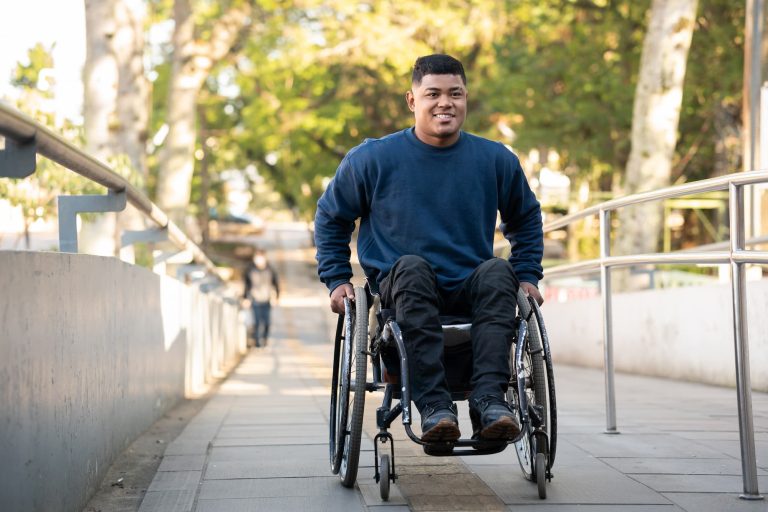Playgrounds are much more than a place for children to have fun and burn off energy, they are dynamic spaces that play a crucial role in supporting child development. One key aspect of any playground is the furniture it contains, which serves various functions, from enhancing safety to encouraging social interaction.
Let us find out how playground furniture supports child development.
- Physical Development
Playground furniture contributes significantly to a child’s physical development. Items like swings, slides, and climbing structures encourage gross motor skills. Swinging on a swing or climbing a ladder requires coordination, balance, and strength. These activities help children develop their muscle groups, improve their spatial awareness, and enhance their overall physical fitness.
- Cognitive Development
Playground furniture can also stimulate cognitive development. Games and puzzles integrated into benches or tables promote problem-solving skills. Children can engage in imaginative play, which fosters creativity and critical thinking. Additionally, playgrounds often incorporate educational elements, like alphabet letters or numbers, helping children learn while they play.
- Social Development
Playgrounds are a hub for social interaction. Furniture such as benches and picnic tables create spaces for children to gather, share, and communicate. These settings teach children valuable social skills, such as cooperation, negotiation, and conflict resolution. Furthermore, playgrounds are inclusive environments that bring together children from diverse backgrounds, encouraging acceptance and empathy.
- Emotional Development
Playground furniture can have a significant impact on a child’s emotional development. Quiet spaces like reading nooks or cozy corners provide opportunities for self-reflection and emotional regulation. Children can retreat to these areas when they need a break from active play, promoting emotional well-being and self-awareness.
- Sensory Development
Many playgrounds incorporate sensory elements into their furniture. Textured surfaces, sensory panels, and musical instruments engage a child’s senses. These experiences are particularly beneficial for children with sensory processing disorders, as they provide opportunities to explore and adapt to different sensory stimuli.
Playground furniture is not just an aesthetic addition to play areas, it is a vital component that supports multiple aspects of child development. From physical skills to cognitive abilities, social interaction to emotional well-being, playground furniture plays a crucial role in shaping the growth and learning experiences of children.
In this regard, Inspire Play park furniture can be your best bet as it promotes such developmental aspects, ensuring that every child has the opportunity to thrive in their outdoor play adventures.






